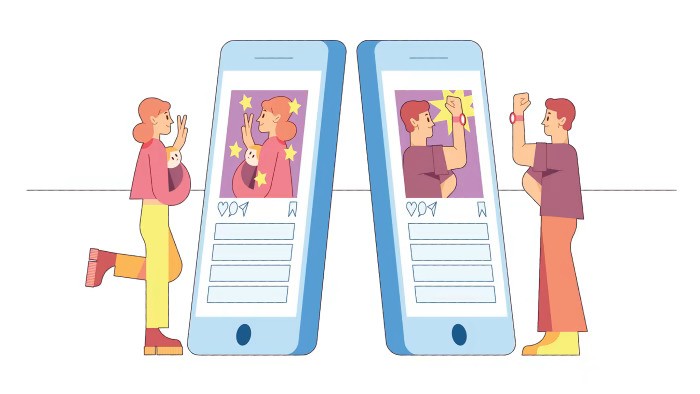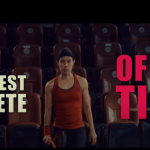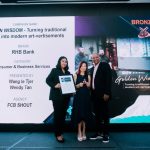By The Malketeer
In recent years, the rise of social media influencers has reshaped the landscape of communication, marketing, and societal influence. In Malaysia, as elsewhere, influencers, particularly female ones, have emerged as powerful voices encouraging body positivity and challenging traditional gender stereotypes.
Body Positivity and Self-Expression
Female influencers in Malaysia have been at the forefront of promoting body positivity, encouraging their followers to embrace their uniqueness and challenge societal norms. These influencers often share personal stories, struggles, and triumphs, fostering a sense of relatability among their audience. By sharing diverse body types and experiences, they contribute to a more inclusive representation of women in media.
On platforms like Instagram and YouTube, Malaysian influencers have created spaces that celebrate self-expression, where individuals are encouraged to break free from conventional expectations. This emphasis on authenticity and individuality has resonated with audiences, fostering a more progressive and open-minded societal attitude.
In contrast, traditional advertising in Malaysia has historically perpetuated rigid gender roles and unrealistic beauty standards. While some positive changes have occurred in recent years, traditional media often struggles to keep pace with the evolving expectations of a more diverse and discerning audience.
Influencers as Role Models
Female influencers in Malaysia have become influential role models, especially for younger generations. Their ability to connect with followers on a personal level allows them to advocate for equality, challenging traditional gender roles and stereotypes. By sharing their own journeys and experiences, influencers create a sense of empowerment and solidarity among their audience.
On the other hand, traditional advertising has traditionally depicted women in narrow roles, reinforcing stereotypes that portray them primarily as homemakers or objects of desire. While there have been attempts to break away from these conventions, the pace of change in mainstream advertising remains slower compared to the dynamic and rapidly evolving world of social media.
Challenges and Criticisms
Despite the positive impact of influencers in promoting body positivity and challenging gender stereotypes, there are also criticisms. Some argue that influencers, while claiming to encourage authenticity, often perpetuate a curated version of reality, contributing to a different kind of unrealistic standard. The pressure to conform to a specific influencer aesthetic can inadvertently create new expectations and stereotypes.
Traditional advertising, on the other hand, is often criticised for tokenism and superficial attempts at inclusivity. Advertisements may feature diverse casts, but the underlying messaging and stereotypes persist, reflecting a reluctance or inability to truly embrace a more progressive narrative.
In the Malaysian context, female influencers have played a significant role in challenging gender stereotypes and promoting a more inclusive and empowering narrative. Their ability to connect with audiences on a personal level has allowed for a more authentic and diverse representation of women. While traditional advertising has made strides, it continues to grapple with the speed and depth of societal change.
Ultimately, the influence of influencers in Malaysia extends beyond promoting products; it encompasses reshaping societal norms and fostering a more progressive and accepting environment. As both influencers and traditional advertising meander the complexities of cultural expectations, the impact of these narratives on gender stereotypes will continue to be a dynamic and evolving conversation.
MARKETING Magazine is not responsible for the content of external sites.
After 20 years of evolving technology, shifting market trends, and adapting to changing consumer behaviour, the media landscape has nearly reached saturation.
We’ve optimised to the fullest, providing advertisers with abundant choices across technology, platforms, data-driven marketing, CTV, OTT, DOOH, influencer marketing, retail, etc.
Media specialists have diversified, but with more options comes the challenge of maintaining income growth. The industry is expanding, but revenue isn’t keeping pace.
Now, we’re at a TURNING POINT: time to explore and harness new sustainable revenue streams. While GroupM forecasts a 7.8% global ad revenue growth in 2024, challenges like antitrust regulation, AI and copyright issues, and platform bans persist.
Collaboration is key: partnerships that thrive on synergy, shared values, and aligned goals are becoming increasingly essential.
Hence, the Malaysian Media Conference, in its 20th year, has assembled the partners and players under one roof on October 25 for a day of learning, sharing, and exploring.
REGISTER NOW










